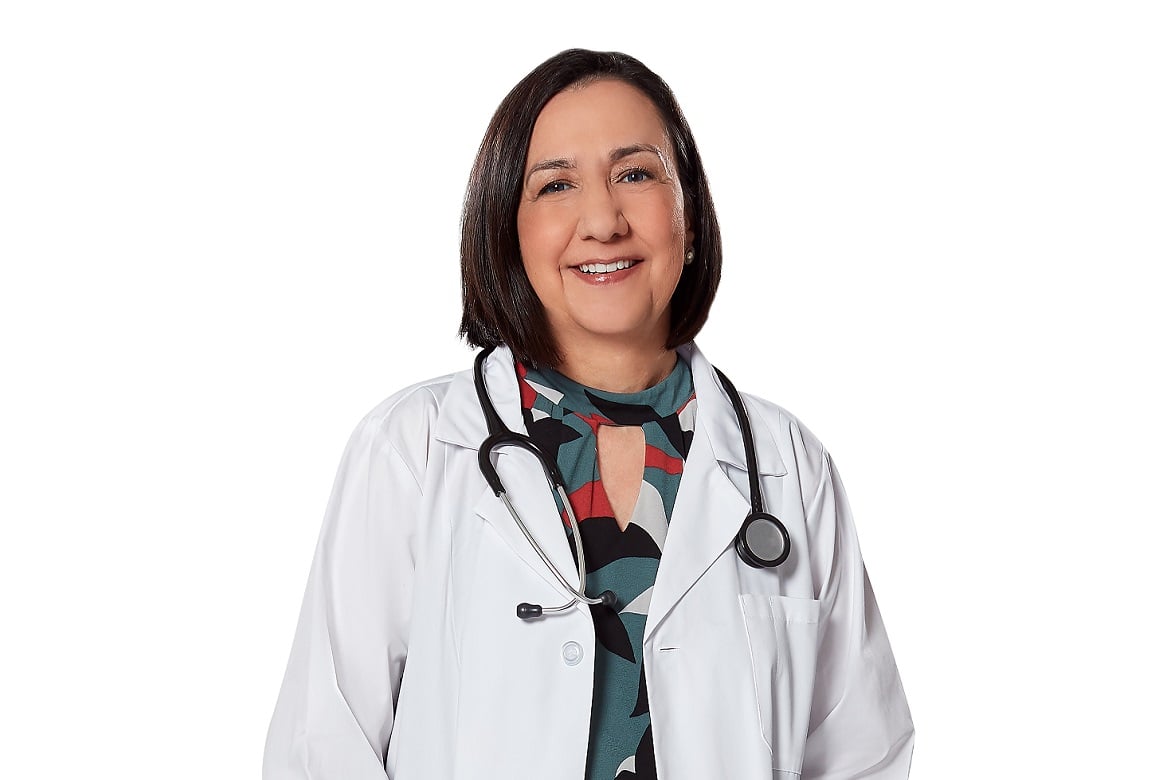The AMA “Members Move Medicine” series profiles a wide variety of doctors, offering a glimpse into the passions of women and men navigating new courses in American medicine.
On the move with: Neelum T. Aggarwal, MD, who is a neurologist at Rush Alzheimer’s Disease Center, Rush University Medical Center in Chicago.
AMA member since: 2013.
What inspired me to pursue a career in medicine: When I was a teenager my mother underwent a brain operation to remove a benign tumor. Up until then, no one in my family had a medical condition that required an operation, and no one had a brain tumor before. I remember that when she came back home, there was relatively little follow up in terms of in-home care or medical care. The support came from the family and luckily for me, we were able to provide this.
However, I recall thinking that more education about the rehabilitation process, the stages of healing and how to assist her would have been very helpful to me as I provided a lot of the support and care. I also resolved that when I became a doctor I would not lose sight of the importance of the social supports that patients and their families need, and would always ask as to ways I can help, to make their life better.
How I move medicine: I continually advocate for my patients, families and colleagues through the work I do on committees, sections and community service.
Career highlights: I am proud to bridge my clinical and research interests in cognitive neurology, minority and women’s health, and cardiovascular and dementia disparities, through opportunities such as serving as the:
- Chair of the AMA Women Physicians Section Governing Council.
- Councilor-Commission on Law and Aging of the American Bar Association.
- Chief Diversity and Inclusion Officer for the American Medical Women’s Association.
Advice I’d give to those interested in pursuing a career in medicine: I have always thought that medicine is more a calling than a career, and because of this belief, I often tell students that they need to have a mindset of continual learning and improvement.
How I give back to the community: As a cognitive neurologist who has training in epidemiological field work, I have always tried to follow the “bench-bedside-backyard (community)–and back” model. I have an opportunity at each step in this path to translate what is known and unknown about health conditions and research findings to my colleagues, patients and their families. Trying to make these “connections” is something I strive to do every day, whether I am seeing patients in my clinic or in the community.
Aspect of my work that means the most: The fact that as a physician I am able every day, to work alongside colleagues and discuss the latest clinical and research practices, treat medical conditions, and then share the information to patients who value and trust in my judgement, means a lot to me.
My hope for the future of medicine: I hope that the training that our young medical students and residents obtain, is linked early on to a wider stakeholder network that includes professionals in STEM (science, technology, engineering and mathematics). This will allow them to see how their training and expertise complements that of others. Together truly working as a team, we will not only diversify but also broaden the scope of modern medicine.
Visit MembershipMovesMedicine.com to learn more about other AMA members who are relentlessly moving medicine through advocacy, education, patient care and practice innovation, and join or renew today.




